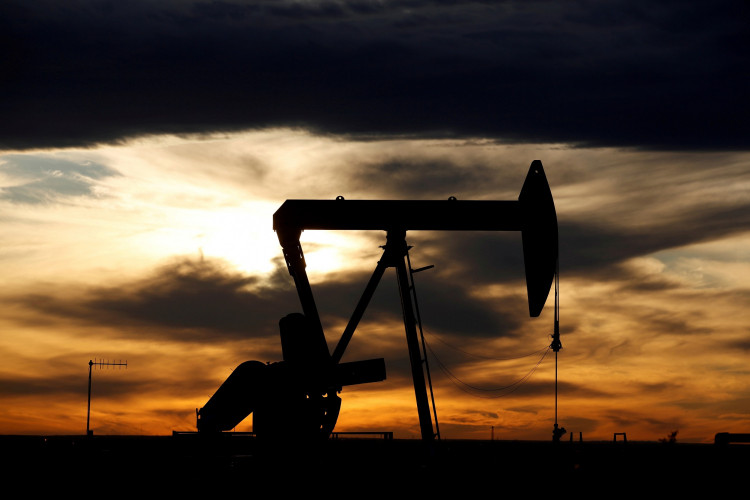The price of oil surged as Libya's major oil facility was closed down, putting pressure on an already undersupplied sector and downplaying the indications that China's severe pandemic situations are dragging on global economic growth.
Brent Crude contracts went over $113 per barrel for the first time since late March, while WTI oil settled just above $108.
Protests opposing Libyan Prime Minister Abdul Hamid Dbeibah closed down Sharara, Libya's largest oil field, causing severe supply problems in international oil markets.
The protests also led to the closure of two ports in the North African nation, as well as the suspension of production at the El Feel field.
Prices have already fallen due to negative economic indicators in China. The world's second-biggest economy announced the worst drop in consumer expenditure and the highest unemployment rate since the outbreak, raising overall growth concerns around the globe.
Oil has risen past $100 per barrel this year, as the Russia-Ukraine war has disturbed an already tough market and caused some dealers to avoid Russian oil.
To combat rising inflation, the United States and its allies built up millions of barrels of strategic reserves. Despite this, production remains tight as the European Union is stressing an embargo on Russian crude and OPEC+, opposing more production.
According to Pavel Molchanov, an analyst at Raymond James & Associates Inc., any oil embargo resolution by the EU would fuel further rising oil costs.
"Practically speaking, it would not be possible to recover all of the supply that would be impacted by the European Union's embargo on Russian crude," Molchanov said.
Last week, Russia's Deputy Prime Minister Alexander Novak warned that if enough countries prohibit Russian energy exports, costs might "substantially surpass" historic highs.
In retribution for Moscow's invasion of Ukraine, the United States and the United Kingdom have imposed a crude export ban on the country.
Russian President Vladimir Putin and Saudi Crown Prince Mohammed bin Salman delivered a "favorable evaluation", in a weekend phone call, of their measures to stabilize the oil industry, indicating that no changes in production regulation are expected.
Russia and Saudi Arabia head the Organization of Petroleum Exporting Countries and its partners (OPEC+).
This year's increase in oil prices has been part of a broader campaign in energy products, with prices continuing to rise even as the forecast for economic growth globally diminishes.




